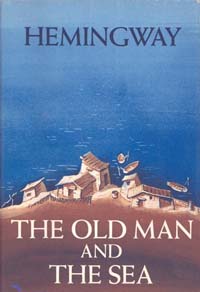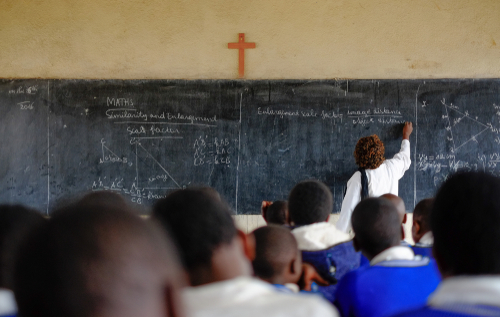Coming in a close second after cancel culture is the not-so-new phenomena of disputes erupting between parents, teachers and school boards in education systems from K through Harvard.
Usually the trouble begins with one side or the other detecting the chimera of indoctrination and promotion of a political or social agenda. And all this before passage of the “Equality” Act. If, or when, that becomes law, we will look back with nostalgia at the quaintness of the 1619 Project.
Parents versus school board Zoom meetings could balance school budgets across the nation if they became pay-per-view events, as debates rage about how children are learning, what they are learning, and whether they are learning anything at all in the yearlong virtual classroom.
It’s safe to assume we will certainly continue seeing school board meetings devolve into donnybrooks of opposing points of view and advocacy of one political or social agenda, while the word “indoctrination” is bandied about with abandon.
God’s timing and my parents’ cooperation allowed me to travel quite a distance when it came to Catholic education. I straddled prodigious cultural shifts, from having to make the lonely walk up the stairs of the “old” building at our parish school, take a seat on a hard-backed chair in a darkened library and prove to a Sister of Providence that I was worthy of receiving my first confession and first Communion by how versed I was in my Baltimore Catechism.
Fast-forward several years and I had to prove to Catholic high school English teachers how well-read I was on assignments in Ernest Hemingway, James Joyce, and William Faulkner.

Like I’m in a movie, I can hear myself professing why God made me: “God made me to know him, to love him, and to serve him in this world. …” and then dissolve to my older self, reading the first sentence in Hemingway’s “The Old Man And The Sea”: “He was an old man who fished alone in a skiff in the Gulf Stream and he had gone eighty-four days now without taking a fish.”
In both instances, I was being indoctrinated. Whether it was shaking in my worn-out corduroy pants as I prayed that I could come up with all the right answers to Sister’s questions, thinking that if I failed, I would have been the first Brennan banned from his first holy Communion since the Irish potato famine, or being exposed to great writers and becoming enamored by them.
My dad was a grocer, my mom was a mom. I didn’t ditch school, caused little trouble, and brought home good enough grades, which meant they just assumed I was getting a good education. I passed muster with Sister and received my sacraments, thus saving the family name. In high school, my grades continued to be just a smidge above mediocre, and we never discussed “The Old Man and the Sea” or “The Sound and the Fury” at the dinner table.
So, when I was being assigned Ernest Hemingway, James Joyce, and William Faulkner novels to read in my high school, my parents had no idea what I was reading. Neither did I sometimes, especially when it came to Joyce’s “Ulysses.”
But if I hadn’t had the foundational faith I had at home, I may have gravitated to the gospels being espoused by these authors. I think some of my teachers had already taken that leap. Hemingway had grown up in a strict Protestant household, which he rejected in toto in his teens. Joyce’s rejection of his Catholic faith was integral to his fiction, and Faulkner’s Southern Gothic version of Calvinism colored almost all of his writing — if Faulkner had some shreds of a belief in God, it was a God who was, at best, an absentee landlord. Thankfully, in another high school English class we read Flannery O’Connor and her Southern Gothic Catholic sensibility was like a blood transfusion.
It’s important to read good writers, but without some Catholic chain mail like I was presented in that darkened library all those years ago, I could have been indoctrinated in a not-so-vertical direction.
So as Hemingway, Joyce, and Faulkner — as talented as they are — questioned why they existed and what the world was about, they either forgot or rejected what I learned in the second grade from my first indoctrinators, my parents and that beautiful Sister of Providence. I was created out of love to serve God in this life, “and be happy with him in the next.”

